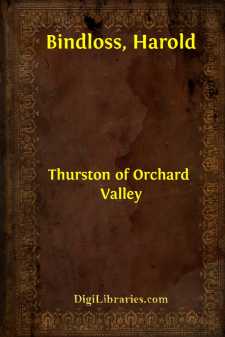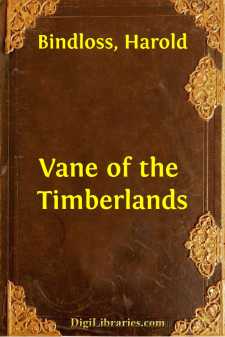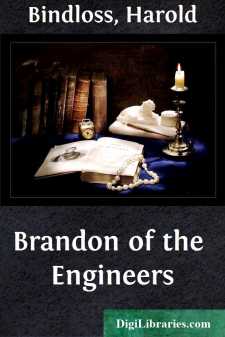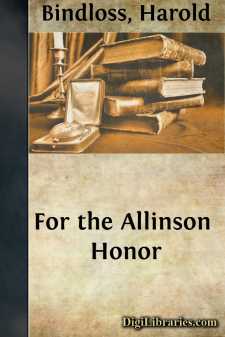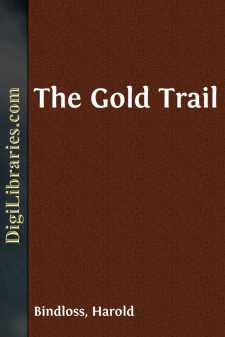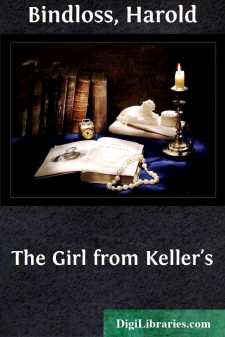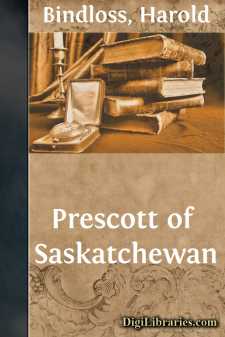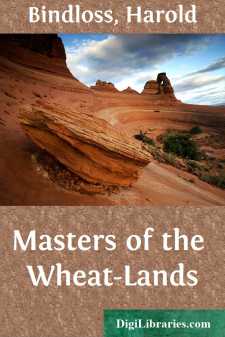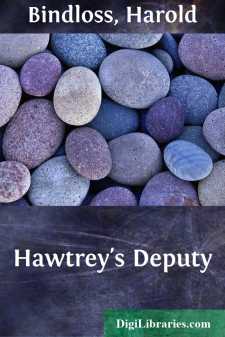Categories
- Antiques & Collectibles 13
- Architecture 36
- Art 48
- Bibles 22
- Biography & Autobiography 813
- Body, Mind & Spirit 142
- Business & Economics 28
- Children's Books 15
- Children's Fiction 12
- Computers 4
- Cooking 94
- Crafts & Hobbies 4
- Drama 346
- Education 46
- Family & Relationships 57
- Fiction 11828
- Games 19
- Gardening 17
- Health & Fitness 34
- History 1377
- House & Home 1
- Humor 147
- Juvenile Fiction 1873
- Juvenile Nonfiction 202
- Language Arts & Disciplines 88
- Law 16
- Literary Collections 686
- Literary Criticism 179
- Mathematics 13
- Medical 41
- Music 40
- Nature 179
- Non-Classifiable 1768
- Performing Arts 7
- Periodicals 1453
- Philosophy 64
- Photography 2
- Poetry 896
- Political Science 203
- Psychology 42
- Reference 154
- Religion 513
- Science 126
- Self-Help 84
- Social Science 81
- Sports & Recreation 34
- Study Aids 3
- Technology & Engineering 59
- Transportation 23
- Travel 463
- True Crime 29
Thurston of Orchard Valley
by: Harold Bindloss
Description:
Excerpt
CHAPTER I
"THURSTON'S FOLLY"
It was a pity that Geoffrey Thurston was following in his grandfather's footsteps, the sturdy dalefolk said, and several of them shook their heads solemnly as they repeated the observation when one morning the young man came striding down the steep street of a village in the North Country. The cluster of gray stone houses nestled beneath the scarred face of a crag, and, because mining operations had lately been suspended and work was scarce just then, pale-faced men in moleskin lounged about the slate-slab doorsteps. Above the village, and beyond the summit of the crag, the mouth of a tunnel formed a black blot on the sunlit slopes of sheep-cropped grass stretching up to the heather, which gave place in turn to rock out-crop on the shoulders of the fell. The loungers glanced at the tunnel regretfully, for that mine had furnished most of them with their daily bread.
"It's in t' blood," said one, nodding toward the young man. "Ay, headstrong folly's bred in t' bone of them, an' it's safer to counter an angry bull than a Thurston of Crosbie Ghyll. It's like his grandfather—roughed out of the old hard whinstane he is."
A murmur of approval followed, for the listeners knew there was a measure of truth in this; but it ceased when the pedestrian passed close to them with long, vigorous strides. Though several raised their hands half-way to their caps in grudging salute, Geoffrey Thurston, who appeared preoccupied, looked at none of them. Notwithstanding his youth, there were lines on his forehead and his brows were wrinkled over his eyes, while his carriage suggested strength of limb and energy. Tall in stature his frame looked wiry rather than heavily built. His face was resolute, for both square jaw and steady brown eyes suggested tenacity of purpose. The hands that swung at his sides had been roughened by labor with pick and drill. Yet in spite of the old clay-stained shooting suit and shapeless slouch hat with the grease on the front of it, where a candle had been set, there was a stamp of command, and even refinement, about him. He was a Thurston of Crosbie, one of a family the members of which had long worked their own diminishing lands among the rugged fells that stretch between the West Riding and the Solway.
The Thurstons had been a reckless, hard-living race, with a stubborn, combative disposition. Most of them had found scope for their energies in wresting a few more barren acres from the grasp of moss and moor; but several times an eccentric genius had scattered to the winds what the rest had won, and Geoffrey seemed bent on playing the traditional rôle of spendthrift. There were, however, excuses for him. He was an ambitious man, and had studied mechanical science under a famous engineer. Perhaps, because the surface of the earth yielded a sustenance so grudgingly, a love of burrowing was born in the family. Copper was dear and the speculative public well disposed towards British mines. When current prices permitted it, a little copper had been worked from time immemorial in the depths of Crosbie Fell, so Geoffrey, continuing where his grandfather had ceased, drove the ancient adit deeper into the hill, mortgaging field by field to pay for tools and men, until, when the little property had well-nigh gone, he came upon a fault or break in the strata, which made further progress almost impossible....


